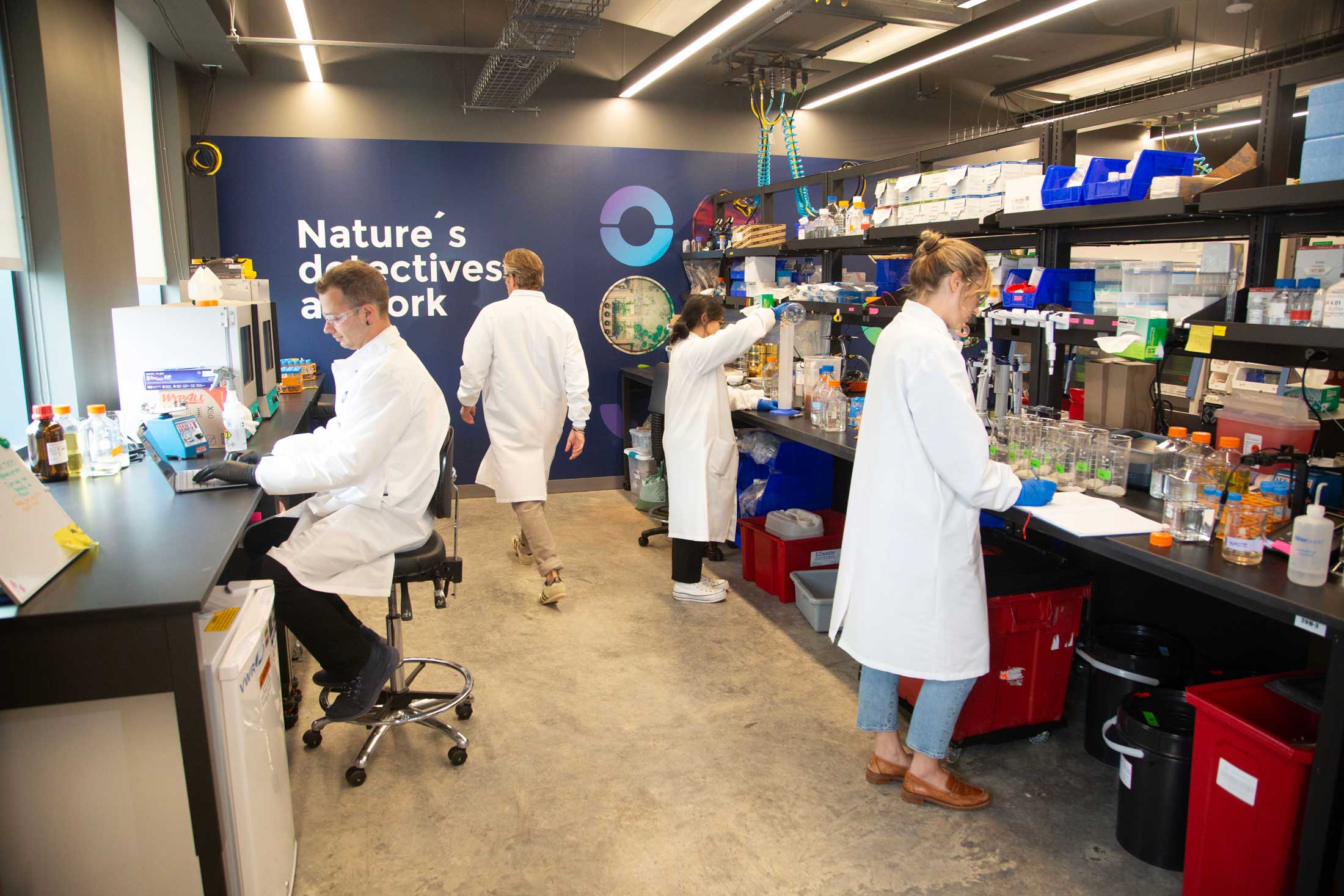Capital Markets
Joining the Dots in UK Synthetic Biology: Kick Off 2016 with a Series of Community Building Workshops from KTN
Jan 30, 2016
UK synthetic biology has benefited from some very proactive policy making. The 2013 Synthetic Biology Roadmap supported the selection of synthetic biology as one the UK’s ‘Eight Great Technologies’ and led to a raft of funding including new synthetic biology centers, DNA synthesis facilities and a commercialization hub (around $450M of public investment in total). The next UK synthetic biology strategy will be launched very soon as it will focus on the translation the UK’s excellent science into economic return and social benefit.An organization at the heart of this translation process is the Knowledge Transfer Network (KTN), whose mission is to drive UK innovation through networking between academia, industry and policy makers. KTN manages the Synthetic Biology Special Interest Group (SynBio SIG), which collates synthetic biology news as disseminates information on relevant events and funding opportunities. In 2016, the SynBio SIG will run a series of free workshops in areas that have the greatest potential to encourage the growth of the UK synthetic biology industrial sector.The first of these workshops will be on synthetic biology for more effective scale-up and automation and robotics for synthetic biology. The scale-up workshop, held on February 24th, addresses the needs of the bioprocessing communities for faster and more effective scale-up from small-scale laboratory conditions to large-scale industrial fermentation. It will share best practice in experimental design and gene selection and encourage discussion of chassis use – often a major barrier to industrial scale-up.The automation workshop, held on February 25th, addresses the knowledge gap between many synthetic biology researchers and the automation and robotics communities. It will allow synthetic biology researchers in academia and industry to describe their ‘wish list’ for automation and the barriers that prevent them from installing those shiny new robots in their labs. There will then be an opportunity to discuss what a future fully automated synthetic biology lab might look like, as well as for automation and robotics providers to show off their wares.For additional information on the workshops or to register, please see the links that have been provided below.The SynBio SIG is always looking for new ways to support UK synthetic biology so please get in touch if there is news, events or funding opportunities that you want to promote, or if you think there is an area that could be supported by this kind of workshop. Dr. Andy BoyceKnowledge Transfer Manager (Synthetic Biology)andy.boyce@ktn-uk.org—————————
Synthetic biology for more effective scale-up, 24 February 2016
Registration link: https://www.eventbrite.co.uk/e/synthetic-biology-for-more-effective-scale-up-tickets-19907122740BackgroundSynthetic biology research is often conducted at small scale in laboratory conditions. These conditions may not be ideal for subsequent scale-up for commercialization. Chassis selection, media feed stocks, and down-stream processes suitable for the laboratory may not be suitable in a production setting. As such, considerations of scale-up must be built in to early stage research to avoid problems, which may impede translation or affect profitability.ObjectivesThis workshop aims to address the knowledge gap between many synthetic biology researchers and the bioprocessing communities. The specific objectives are to:
Identify common challenges for scale up of synthetic biology products and how these challenges have been addressed in other similar fields;
Identify areas for consideration in the research phase to accelerate or facilitate translation;
Support new collaborations between UK synthetic biology researchers and bioprocessing technologists
——————————
Automation and robotics for synthetic biology 25 February 2016
Registration link: https://www.eventbrite.co.uk/e/automation-and-robotics-for-synthetic-biology-tickets-19907429658BackgroundThe availability of synthetic genes at commodity prices and the possibility of automated (potentially remotely operated laboratories) will be key drivers for synthetic biology over the next three years. This, coupled with innovations in miniaturisation, standardisation and metrology, will realise the vision of taking experimental sciences into the design-test-build era freeing up scientists for creative thinking and design rather than repetitive lab work. The robotics required by synthetic biology are of modest sophistication, but there is a need for simple, easy to use and cost effective off-the-shelf solutions that can be easily integrated as part of an engineering workflow.ObjectivesThis workshop aims to address the knowledge gap between many synthetic biology researchers and the automation and robotics communities. The specific objectives are to:
Identify common challenges for automation and robotics integration into synthetic biology projects and how these challenges have been addressed in other similar fields;
Identify areas of added value for automation and robotics and new disruptive technologies that could have a long-term impact on the field;
Support new collaborations between UK synthetic biology researchers and providers of automation and robotics, and suggest potential ways forward for KTN and Innovate UK

















